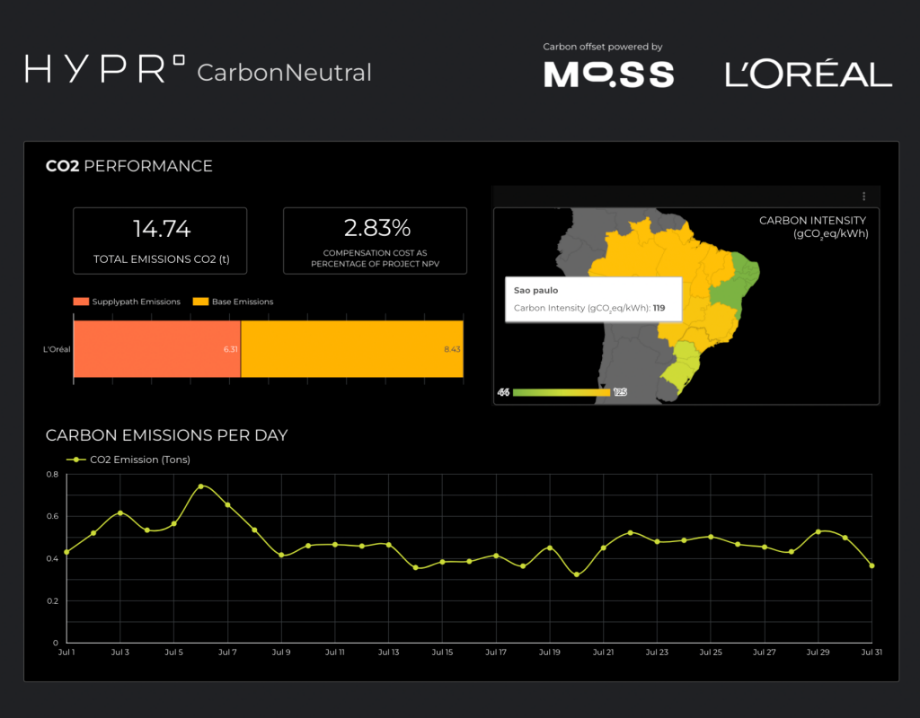We are increasingly aware of the impact of our actions on the environment. We recognize that waste, wastewater or carbon emissions are largely responsible for the unsustainability of the planet. But we are not so aware of the negative consequences that the use of digital devices has on the environment.
It is obvious that the digital transformation has brought many benefits, namely, the reduction of paper consumption, but on the other hand, the production, use and transfer of data from digital devices, cause a lot of CO₂ emissions, increasing our digital carbon footprint.
It is obvious that the digital transformation has brought many benefits, namely, the reduction of paper consumption, but on the other hand, the production, use and transfer of data from digital devices, cause a lot of CO₂ emissions, increasing our digital carbon footprint.
Portugal was one of the first countries in the European Union to commit to being carbon neutral by 2050 (in other words, in 29 years we will not be able to emit more than our forests, pastures and scrubland can absorb).
The participation of everyone is essential, especially the companies that are largely responsible, and for this reason, many already suggest, to their employees, good practices to reduce this digital carbon footprint.
The participation of everyone is essential, especially the companies that are largely responsible, and for this reason, many already suggest, to their employees, good practices to reduce this digital carbon footprint.
- Clean up devices by eliminating duplicated or no longer needed documents, videos and images.
- Uninstall unused apps and programs.
- Delete old emails and messages that are no longer relevant.
- Reduce the number of people you direct email to.
- Save files to shared disks to reduce the number of files each team member saves on their PC.
- Unsubscribe from neu letters that cannot be read.
These are small everyday actions that, on a large scale, imply a significant reduction in carbon emissions.



